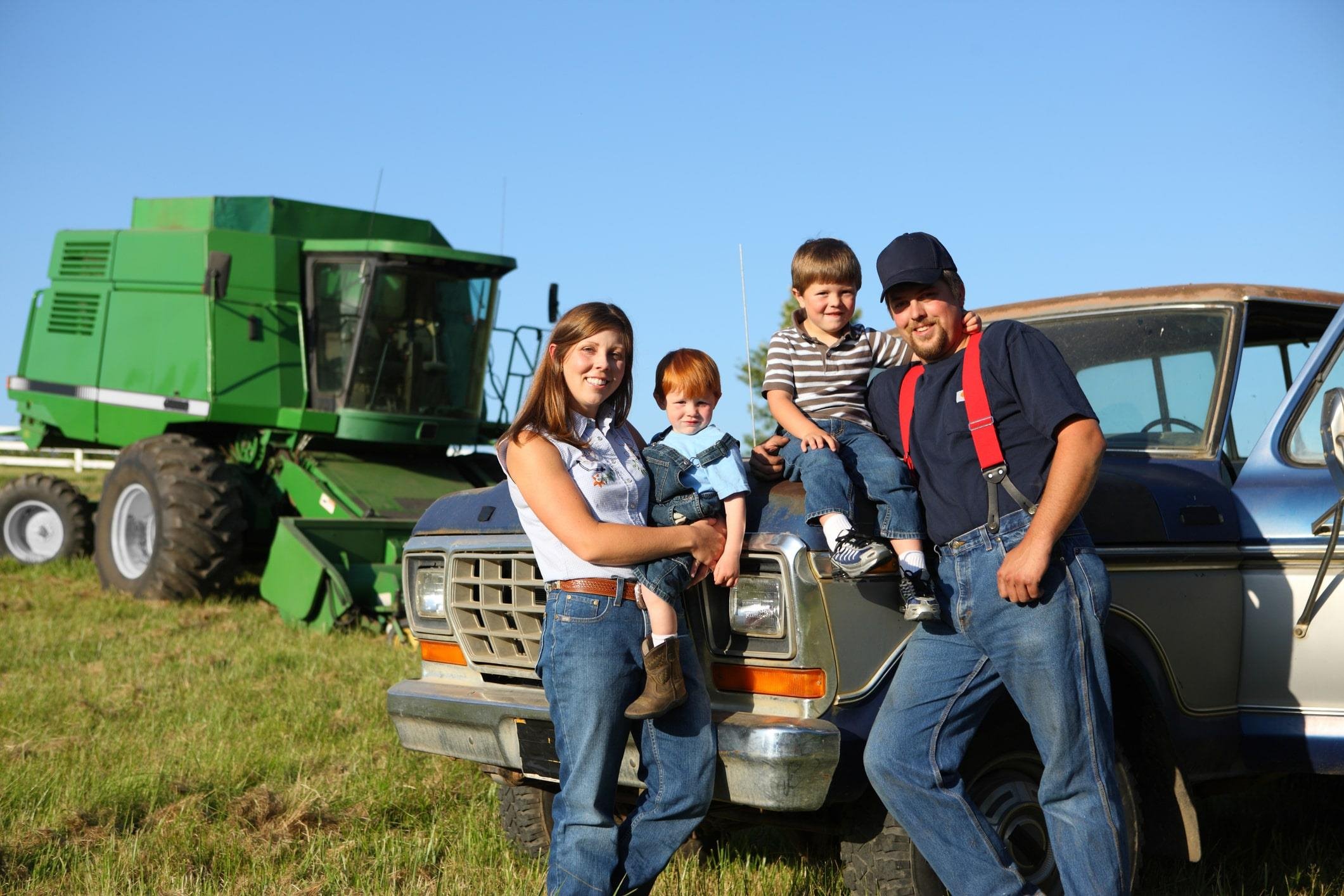Farm Safety Overview
Like in any workplace, a farm should always have safety as a top priority during day-to-day operations. A farm has the potential to be a very dangerous place, especially when safety measures are not taken, so it is the duty of every farmer to make sure they are aware of and practicing safety on the job. The first step in practicing safety is making sure you’re knowledgeable on the subject, that includes being informed on potential hazards on your farm, how to avoid or prevent them, and what to do in an emergency.
Importance
Farm safety is extremely important and staying informed on the subject will not only help to keep you safe, but also those around you when at work on a farm. Farming is more dangerous than many other jobs, so it is especially important that suggested safety guidelines are followed, and farm owners/workers are always exercising caution when on the job. Not only will safety on the farm help protect those out working on it, but it will also help the farm thrive as a business. When hazards are dealt with correctly and safety practices are thoroughly followed, farmers can be certain that processes are happening properly, equipment is operational and functioning, and the farm does not hold any avoidable risks. Not only will safety bring piece of mind for business operations, but it will also secure the safety of any workers on the farm, and when farmers and their workers are not in danger or injured, they can focus on their yield instead.
Injury and Fatality
Work-related injury and even death are far too common among farmers and those who work on farms, 2019 saw 410 work-related farming deaths in the US alone and in Canada an average of 85 people die per year due to farming incidents. Though not every incident on a farm is avoidable, these kinds of statistics can be lessened through widespread awareness and practicing of safety procedures. Some of the most common accidents on farms come from machinery. Overturning tractors and limb injuries from moving components of machinery are causes of many injuries and fatalities, so it is important to always to demonstrate proper use of equipment as well as performing maintenance when needed. Other work-related accident types seen on farms include falls, injuries from animal handling, suffocation, harmful chemical exposure, and heat-related incidents. Children are also a big factor to consider in farm safety. According to the National Institute for Occupational Safety and Health, it is estimated that 33 children are injured in agriculture-related incidents daily in the US alone. Some ways to protect children and youth on a farm is to communicate boundaries of where they are allowed to be and make sure they are never out on the farm alone. It is also important to lock dangerous places like chemical storage and livestock areas. To learn more about staying safe while on the farm, please check out our other resources: Prevention Environmental Farm Safety Farm Chemicals Safety Farm Equipment Safety
